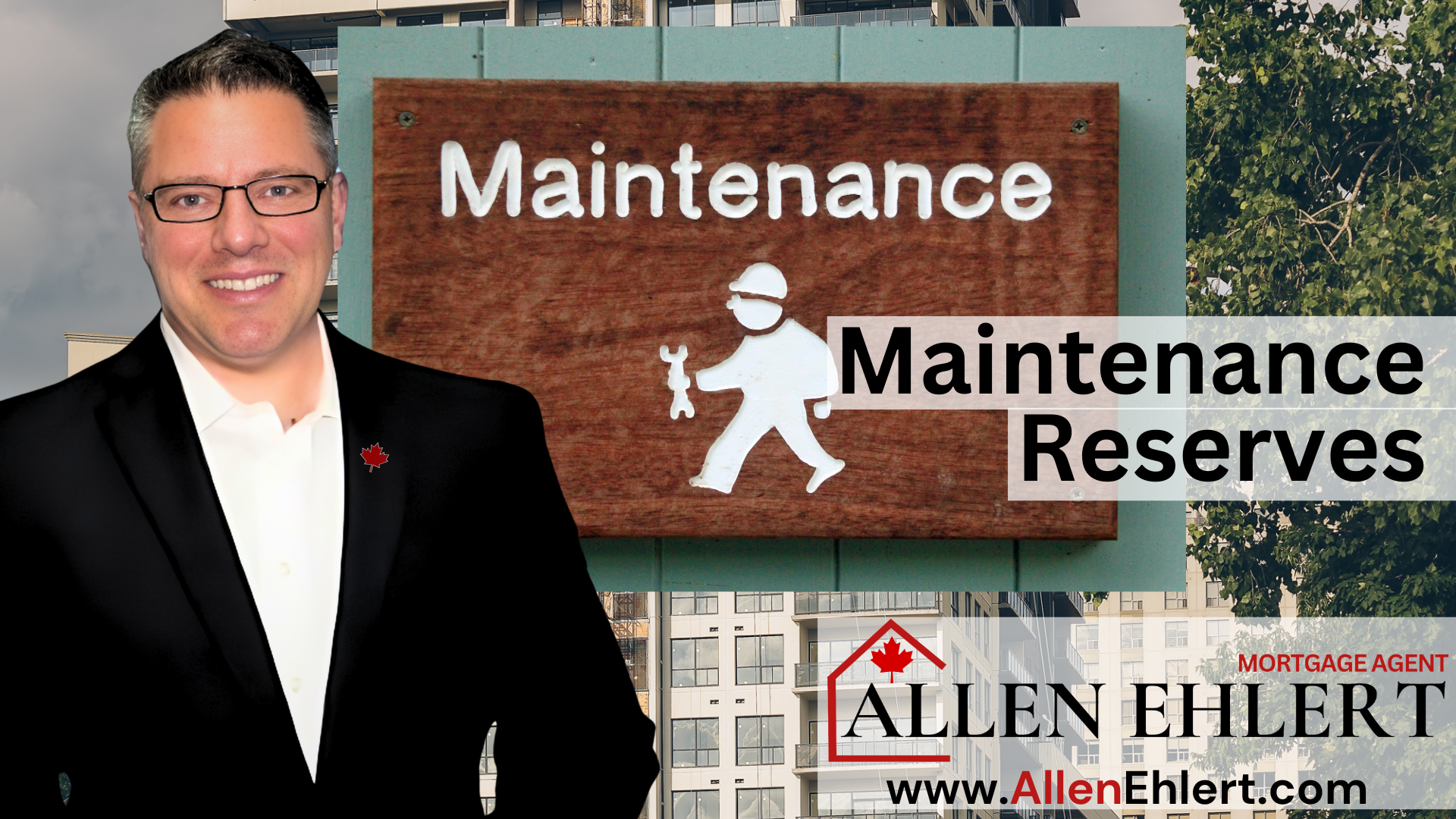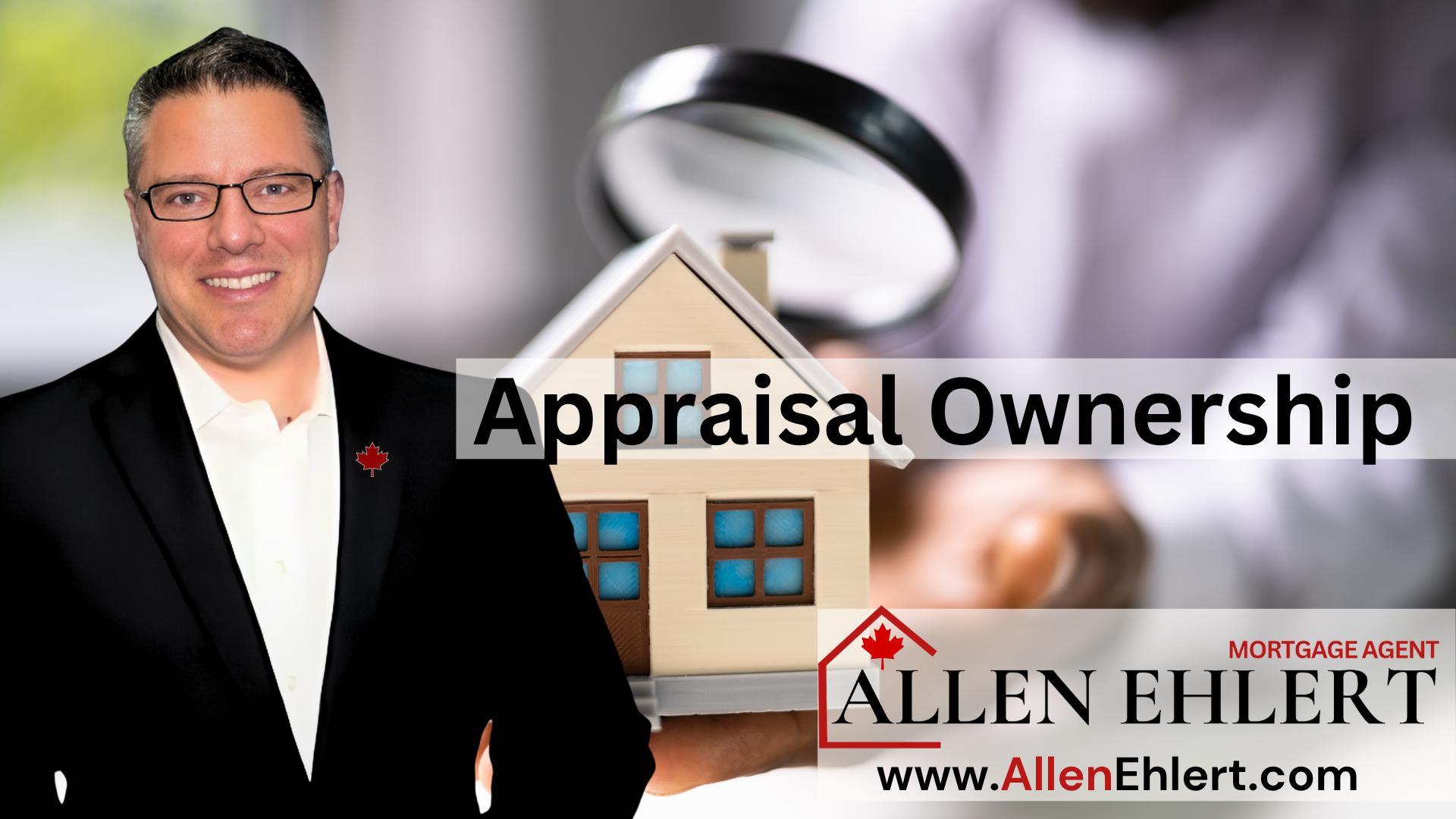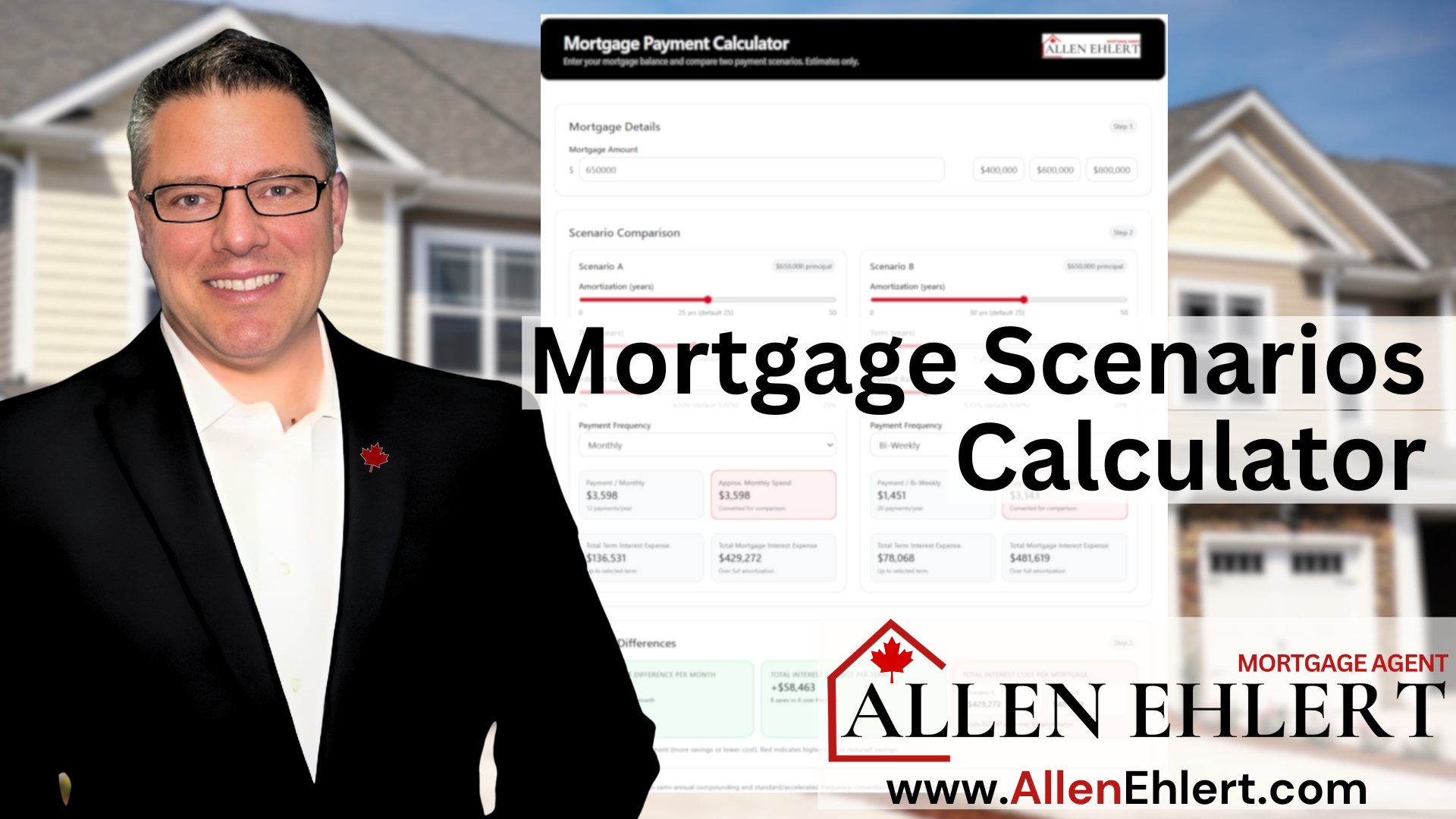…The Secret Sauce Behind Complex Mortgage Approvals
If you’ve ever been knee-deep in a mortgage application and suddenly heard someone at the bank say, “This needs to go to ACE,” you might have felt your stomach drop. Don’t worry—it’s not a bad thing. In fact, at Scotiabank, ACE stands for Adjudication Centre of Expertise, and it’s their in-house team that takes a second look at mortgage files that fall just outside the usual approval box.
Instead of being a roadblock, ACE is often the reason borderline mortgage files get approved rather than declined. Let’s break it down so you know what it means for you, your realtor, and how to make it work in your favour.
Topics I’ll Cover
Why a Mortgage Gets Sent to ACE
What Happens During an ACE Review
How Realtors and Clients Can Use This Knowledge
What Is ACE at Scotiabank?
ACE is Scotiabank’s “second pair of eyes” team. Their job is to take a deeper look at mortgage applications that don’t fit Scotiabank’s regular branch approval limits or automated systems.
Think of ACE like the senior referee in a hockey game—they’re not there to make life harder; they’re there to make sure the call is fair and that no one gets penalized unfairly. If your mortgage application has quirks—like a rural property, an unconventional income source, or slightly lower credit—ACE takes a closer look to see if it can still work.
Why a Mortgage Gets Sent to ACE
Mortgages end up in ACE for a few common reasons:
- The loan amount or loan-to-value ratio is higher than what branch staff can approve.
- There are unique property types (think cottage, rural, or non-traditional homes).
- The borrower has compensating factors that need expert review (great income but short credit history, for example).
- The application has something unusual, like non-standard income sources or a previous credit hiccup.
In short, ACE exists to look beyond the numbers and see the bigger story.
What Happens During an ACE Review
When your file goes to ACE, the underwriters look for what we call compensating factors:
- Do you have solid savings or investments?
- Is your job history stable and secure?
- Is your down payment strong relative to the mortgage size?
- Is the property in a marketable location?
If the answers lean in your favour, ACE often has the power to override standard rules and approve your mortgage.
A Story of ACE in Action
Take Sarah and David. They wanted to buy a beautiful home on the outskirts of town—slightly rural, not your cookie-cutter subdivision home. Their income was great, credit was strong, and their down payment was healthy, but the property type made the system pause.
The file got flagged and sent to ACE. Instead of an automatic decline, ACE underwriters took a detailed look. They saw Sarah’s long career in healthcare, David’s emergency savings, and the low overall loan-to-value. Within two days, the deal came back as approved, and the couple got their dream home.
How Realtors and Clients Can Use This Knowledge
For Realtors:
- If your client is buying something unique (like a rural home or a property with an in-law suite), know ACE may come into play. Prepare clients early: “We may need extra documentation or a slightly longer approval window.”
- ACE can be a positive selling point for Scotiabank—some lenders would outright decline these files.
For Clients:
- If your file goes to ACE, don’t panic—it’s not a rejection. It’s actually an opportunity for your story to be heard by senior underwriters.
- Have documentation ready (proof of income, assets, and property details) to make the process smooth and fast.
Allen’s Final Thoughts
ACE isn’t a punishment—it’s a lifeline for mortgage files that are a little outside the norm. Instead of being bounced out of the system, ACE gives your application the benefit of a human review. Often, that’s the difference between a “no” and a “yes.”
How I Can Help
Here’s where I come in:
- I know how to spot when a file might go to ACE and prepare everything in advance to speed things up.
- I work directly with Scotiabank underwriters to tell your full story, highlighting your strengths and explaining any quirks.
- I coordinate with your realtor to keep timelines realistic and stress levels low.
Bottom line: If your mortgage application needs ACE, I’ll make sure it shines under the microscope. That means fewer surprises, faster answers, and a much better chance of approval—so you can focus on picking paint colours, not worrying about paperwork.












